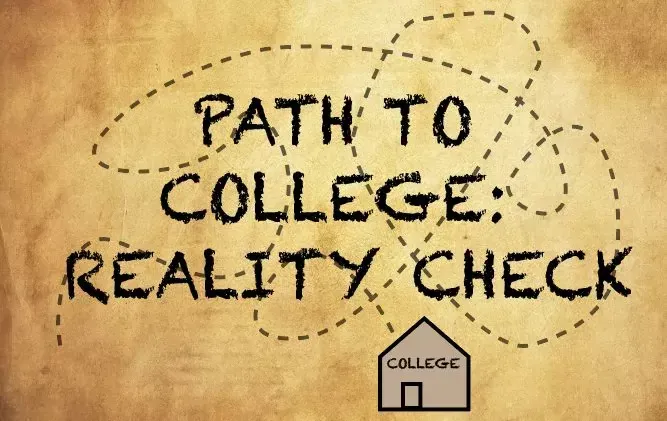GPA or Rigor - Which is more important?
When applying to colleges, which is better - a higher GPA or harder classes (rigor)? What are colleges really looking for and how do they decide who to admit?
Challenge yourself!
Of
course, having good grades AND rigor in your courses is the best goal. But if the choice is between a challenging class
(like AP or IB) and a class that you know you will ace - go for the challenging
course! Taking a more rigorous course load is your chance to stretch your
abilities and show the college (and yourself) what you are capable of. You should be preparing yourself for
college-level work, not coasting by with the easiest courses.
Go competitive
Use
the following guidelines when choosing classes in high school to be competitive
when applying to colleges. Be sure to check your graduation class requirements.
(For example, California public colleges require 1 year of Visual or Performing
Arts.)
·4 years of English
·4 years of Mathematics
·3-4 years of Natural Science (including a lab science like biology, chemistry, or physics)
·3-4 years of Social Science (US or world history, government, geography, etc.)
·3-4 year of a Foreign Language
·Any number of years of electives, as they fit into your schedule including Fine Arts, Performing Arts, Athletics, etc.
Special classes that are not college prep, such as Student Council, Mock Trial, etc. can be counted as activities on your college applications.
Dual Enrollment
Taking
college classes online. or at a local college or community college while in
high school, is an additional way to add rigor to your high school courses.
Colleges like to see you strive academically.
Often 1 semester of a college school class = 1 year of a high school
class. Transferable college classes often count the same weight in a GPA
calculation as an AP.











